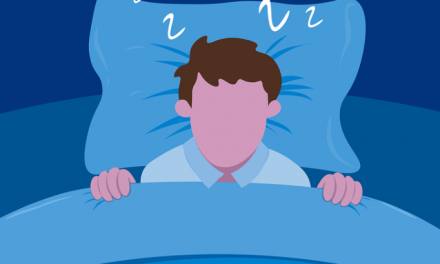Patients of mine who are taking GLP1 receptor agonist treatment for treatment of obesity and/or type 2 diabetes will often tell me that they no longer desire alcohol, and have decreased (or completely stopped) drinking. I have noticed this not only in people who have previously had just a few drinks per week, but amongst heavier consumers as well.
SO: What do we know about GLP1 recepetor agonists (GLP1RAs) and a possible benefit to reduce alcohol use/abuse?
First, some background.
We know that GLP1RAs work in the brain to reduce appetite. GLP1 receptors are also widely expressed in the reward pathways in the brain, specifically influencing the control of hedonic eating. For many people, this translates to a reduction in cravings, and/or a change in food preferences away from high fat/sugar foods towards healthier choices, with GLP1RA treatment. Given the effects on the reward system in particular, it makes sense to wonder if GLP1RAs could have a similar effect to decrease wanting, liking, craving, and/or the reward effect of alcohol.
There isn’t a lot of data on this subject as of yet, but existing data do in fact suggest that GLP1RAs mediate not only food intake, but also regulate alcohol-related behaviors.
Animal data suggest that GLP1 receptor activation reduces the ability of alcohol to activate the mesolimbic dopamine (reward) system, and blocking GLP1 receptors increases alcohol intake. Exenatide and liraglutide are GLP1RAs that have both been shown to reduce alcohol intake after months of alcohol use and/or in alcohol preferring animals.
In humans, a genetic study suggests that genetic variation in the GLP1 receptor is associated with alcohol addiction. In terms of clinical trials, a 26 week study of exenatide 2mg weekly (Bydureon) vs placebo was conducted in 127 people with alcohol use disorder, with cognitive behavioral therapy provided to both groups. Exenatide did not significantly reduce the number of heavy drinking days in the group as a whole, but did reduce heavy drinking days and overall alcohol intake in people with obesity (defined as BMI >30). Exenatide was shown to significantly attenuate alcohol cue reactivity in relevant parts of the brain on functional MRI brain scans. Semaglutide 1mg (Ozempic) is currently under evaluation in a small clinical trial for treatment of alcohol use disorder.
BOTTOM LINE: Early data suggest that GLP1RAs may be beneficial to reduce alcohol intake. More data is needed in this exciting area!
Disclaimer: I receive honoraria as a continuing medical education speaker and consultant from the maker of semaglutide and liraglutide (Novo Nordisk) and Astra Zeneca (exenatide). I am/have been an investigator in clinical trials of liraglutide and semaglutide.
Share this blog post using your favorite social media link below!
Check me out on twitter! @drsuepedersen
www.drsue.ca © 2023












